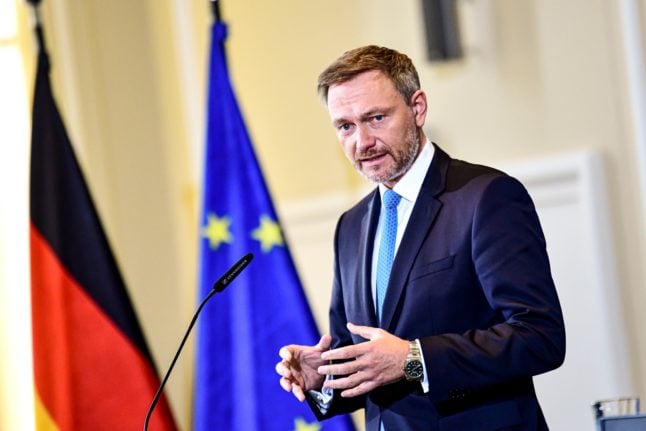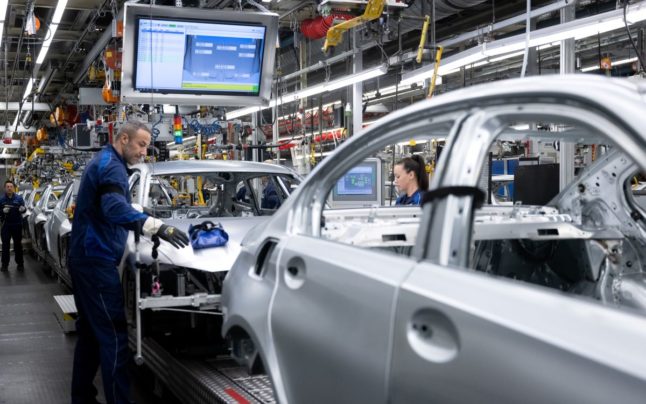The supplementary budget, set to be put to the cabinet on Wednesday, will raise the total of new borrowing for the year to €138.9 billion.
The additional debt package was a “timely and targeted” response to the outbreak of war in Ukraine, the sources said, with the money intended to help businesses and households deal with rising energy costs as a result of the war, as well as financing humanitarian aid to Ukraine.
After years of chasing balanced budgets, traditionally frugal Germany took on huge amounts of debt in 2020 and 2021 to help Europe’s biggest economy cope with the coronavirus pandemic, lifting its constitutionally enshrined debt limits to do so.
The government had planned to take on €99.7 billion in 2022 as part of its “core” budget, but the war in Ukraine has forced Germany to adjust its calculations.
At the beginning of April, the government agreed a €5 billion support packet for business to help tackle rising energy costs.
Taxpaying households will also receive a €300 allowance to help match the increase in their bills, with people receiving housing benefit will also get a one-off lump sum.
Meanwhile, drivers will benefit from a cut in the energy tax on petrol and public transport users can take advantage of €9 per month ticket for three months over summer.
READ ALSO:
- Will freelancers benefit from Germany’s €300 energy allowance?
- Cheap transport and tax cuts: What Germany’s energy relief package means for you
Humanitarian aid for Ukraine was also included among the new spending items, while the government has set about building up gas reserves to reduce its dependency on supplies from Russia.
In total, €26.3 billion of the new debt consists of new spending, while the other €12.9 billion is to account for lower tax receipts as businesses suffer the impact of the war.
The government still aims to reinstate and stay within its debt rules in 2023, limiting the amount of new debt to €7.5 billion.



 Please whitelist us to continue reading.
Please whitelist us to continue reading.
Member comments